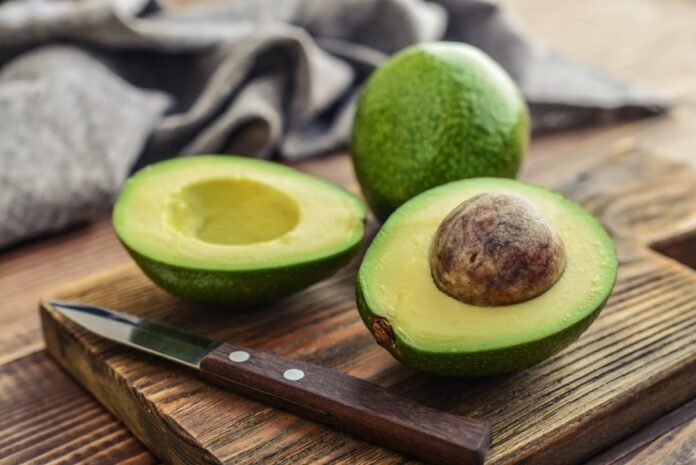The surging demand for avocados in Europe and North America has driven a significant increase in global production over the past two decades, raising concerns about the fruit’s environmental impact. Avocados, while not inherently harmful to the environment, have become controversial due to the practices associated with their farming and distribution worldwide.
Native to Central and South America, avocados thrive in warm, temperate climates, where they have been cultivated for centuries. The Hass variety, ubiquitous in today’s markets, originated from a single tree planted nearly a century ago, illustrating the fruit’s deep-rooted cultural and agricultural significance.
The rise of avocados as a dietary staple has been fueled partly by their promotion as a “superfood,” touted for their nutritional benefits. While they are rich in vitamins, minerals, and healthy fats, contributing to their creamy texture, some claims about their health benefits may have been exaggerated.
The environmental concerns surrounding avocados stem primarily from their production practices. Avocado farming often involves large-scale monoculture, which can lead to deforestation, habitat destruction, and soil degradation in regions where forests are cleared to make way for orchards. Moreover, avocado cultivation is water-intensive, placing strain on local water resources in arid regions.
Transporting avocados over long distances adds to their environmental footprint, contributing to greenhouse gas emissions from transportation vehicles. This aspect is particularly significant given that avocados are often exported from regions like Latin America to markets in Europe, North America, and beyond.
Efforts to mitigate these environmental impacts include sustainable farming practices, such as agroforestry techniques that incorporate avocado cultivation with other crops or native vegetation. Additionally, initiatives promoting local consumption of avocados can reduce the carbon footprint associated with transportation.
As global awareness grows about the environmental consequences of food production and consumption, consumers are increasingly seeking responsibly sourced avocados and supporting initiatives that promote sustainable agricultural practices. The challenge lies in balancing the popularity and nutritional benefits of avocados with the imperative to minimize their ecological footprint, ensuring they can continue to be enjoyed as part of a sustainable, healthy diet worldwide.
The environmental impact of avocado production extends beyond deforestation and water use. Pesticide and fertilizer use, common in intensive farming practices, can lead to soil and water contamination, affecting local ecosystems and biodiversity. These chemicals can leach into nearby water sources, posing risks to aquatic life and potentially impacting human health in communities near avocado farms.
In addition to environmental concerns, social and economic factors also come into play. In some regions where avocados are grown, there are reports of land disputes, labor rights violations, and unequal distribution of profits among local communities. Small-scale farmers may face challenges in accessing fair markets and receiving equitable prices for their produce, further exacerbating social inequalities.
The global avocado trade, dominated by a few major exporting countries, raises questions about economic dependency and resilience in avocado-producing regions. Fluctuations in international avocado prices can have significant economic repercussions for farmers and exporting countries, highlighting vulnerabilities in global food supply chains.
Addressing these complex issues requires a multifaceted approach involving governments, agricultural industries, consumers, and civil society. Sustainable certification programs, such as Fair Trade and Rainforest Alliance, aim to promote environmentally and socially responsible practices in avocado farming. These certifications provide consumers with assurance that the avocados they purchase meet certain ethical standards.
Consumer awareness and education also play a crucial role in driving demand for sustainably sourced avocados and encouraging responsible consumption habits. By making informed choices and supporting brands and retailers committed to sustainability, consumers can contribute to positive change in the avocado industry.
Innovative solutions, such as research into drought-resistant avocado varieties or water-saving irrigation techniques, offer promising avenues for reducing the environmental footprint of avocado production. Collaborative efforts between researchers, farmers, and agricultural experts aim to develop practices that optimize resource efficiency and minimize environmental impact.
Ultimately, balancing the popularity and nutritional benefits of avocados with environmental and social considerations is a collective responsibility. As global demand for avocados continues to grow, finding sustainable solutions will be essential to ensure that future generations can enjoy this versatile fruit without compromising the health of our planet and its people.

